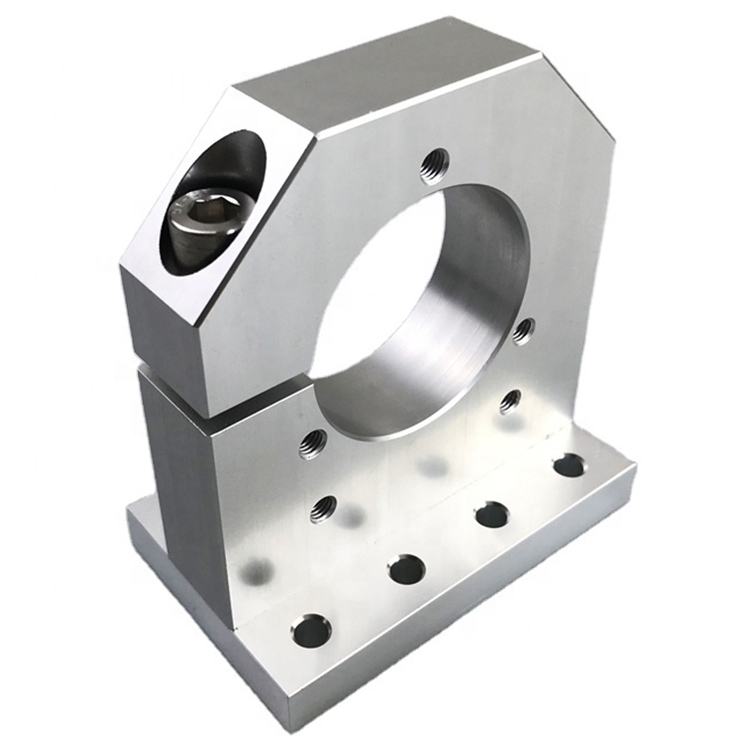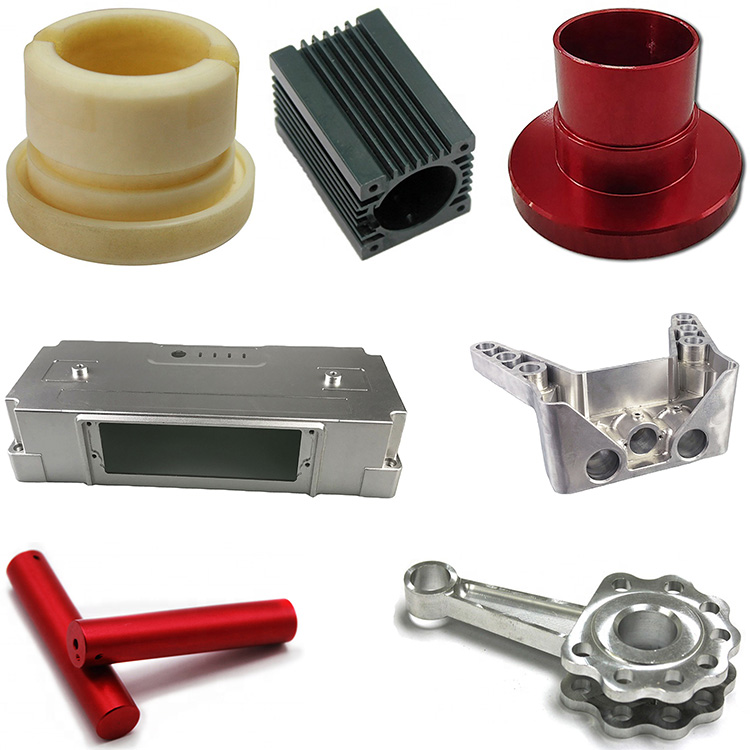
What Are The Requirements For CNC Machining Jigs?
What are the requirements for fixtures for CNC processing of plastic materials
The fixtures for CNC machining of plastic materials need to meet the following requirements:
Stability: The fixture must be able to firmly and stably fix the plastic material workpiece to ensure that the workpiece does not move or shake during the processing.
Rigidity: Fixtures should have sufficient rigidity to resist cutting forces and machining pressures, avoiding machining errors caused by fixture deformation.
Adaptability: The fixture needs to match the shape and size of the plastic material workpiece to ensure that the workpiece can be accurately and stably clamped.
Safety: Fixture design should comply with safety standards to ensure that operators are not harmed while using the fixture.
Adequate contact: There should be sufficient contact between the surface of the fixture and the plastic material workpiece to minimize vibration and deformation during the processing.
Non interfering cutting: Fixture design should try to avoid interference with the machining area to ensure that cutting tools can freely enter the machining position.
Quick fixation and release: Fixtures should be designed to facilitate quick fixation and release of workpieces to improve production efficiency.
Wear resistance: Considering the wear and friction during the processing, the fixture should have sufficient wear resistance to extend its service life.
Cleaning and maintenance: Fixtures should be designed to be easy to clean and maintain to ensure cleanliness and reliability during the machining process.
By meeting the above requirements, fixtures can ensure the stability, accuracy, and safety of plastic materials during CNC machining, improving processing efficiency and finished product quality. When designing and selecting fixtures, it is best to collaborate with professional processing manufacturers or engineers to ensure the quality and applicability of the fixtures.









